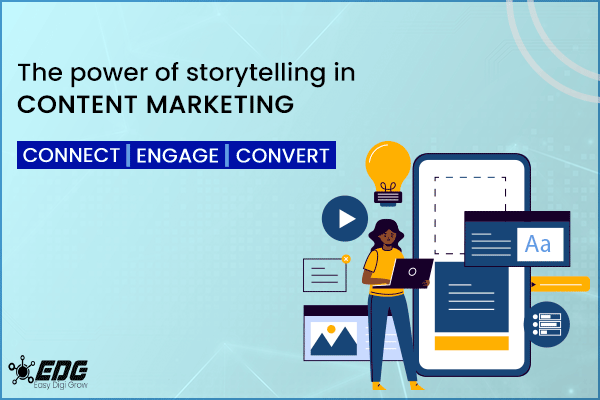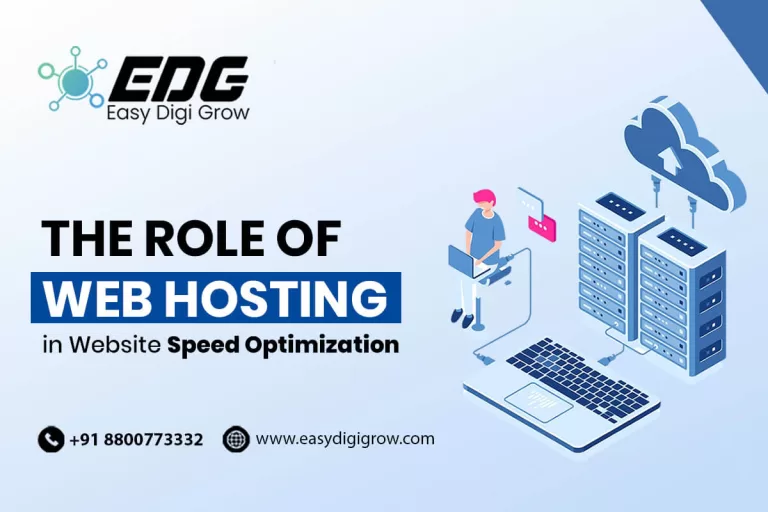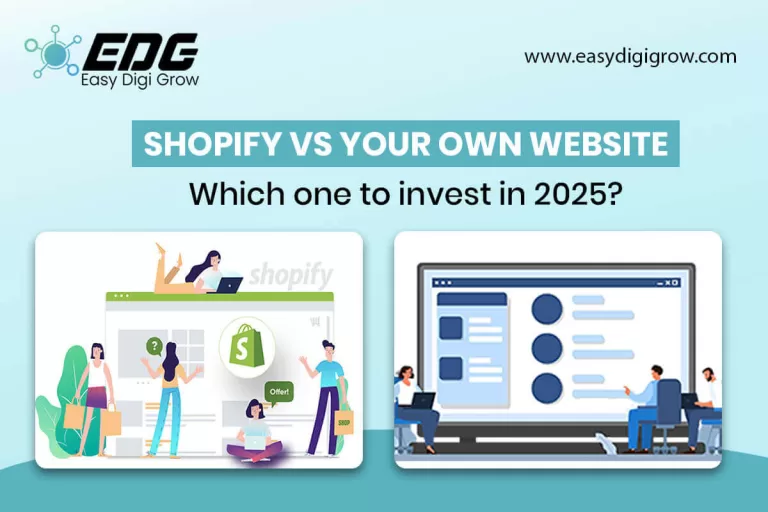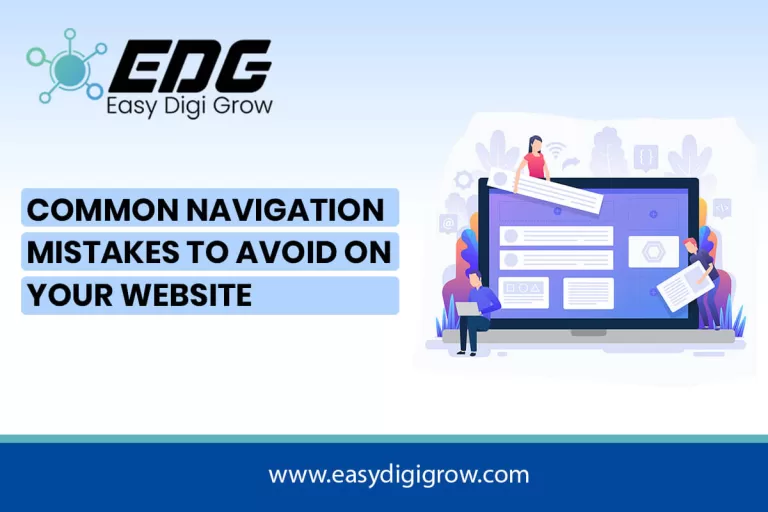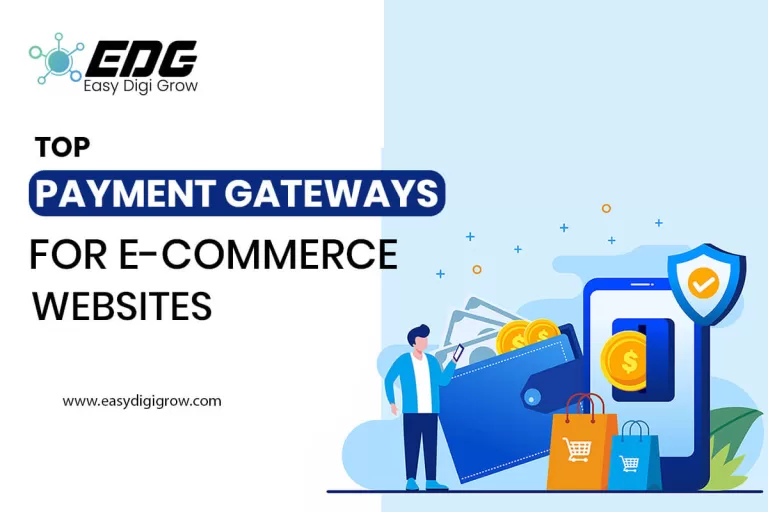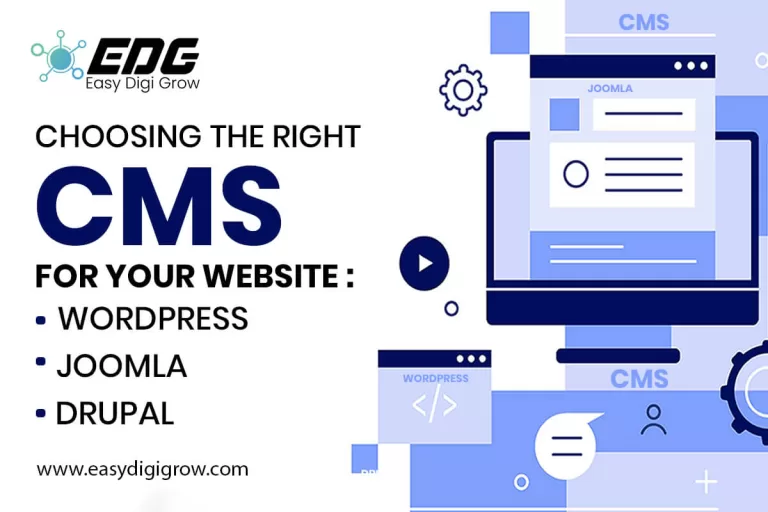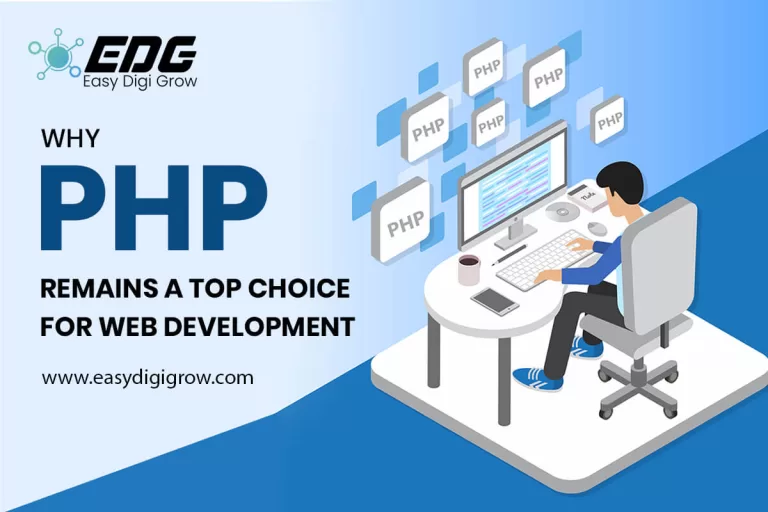Storytelling in content marketing is a powerful tool that captivates audiences and leaves a lasting impact.
It goes beyond merely presenting information and instead engages readers on an emotional level. By crafting compelling narratives, businesses can connect with their target audience, build trust, and ultimately drive conversions.
In this blog, we will explore the art of storytelling in content marketing, highlighting its significance and providing valuable insights to help you create impactful narratives that resonate with your readers.
What is storytelling in content marketing?
Storytelling involves the skillful use of narrative to convey a message. In content marketing, storytelling can be used to engage and connect with audiences, build relationships, and drive conversions.
Why is storytelling important in content marketing?
There are many reasons why storytelling is important in content marketing. Here are a few:
- Stories are more memorable than facts. Studies have shown that people are more likely to remember information that is presented in story form. This is because stories engage our emotions and imaginations, which makes them more memorable.
- Stories build relationships. When we connect with an account, we feel a connection to the storyteller. This can lead to a stronger relationship between the storyteller and the audience.
- Stories drive conversions. When a story resonates with an audience, it can motivate them to take action. This could mean making a purchase, signing up for a newsletter, or simply sharing the story with others.
4 Elements of Compelling Storytelling
To create compelling narratives in content marketing, focusing on specific elements that captivate and engage the audience is essential.
- Character development
Compelling storytelling involves well-developed characters that readers can relate to. Characters should be realistic, with unique personalities, motivations, and challenges.
Thus, by creating relatable characters, content marketers can draw readers into the narrative and emotionally invest them in the story.
- Conflict and resolution
Every interesting story requires conflict to move the story along. Introducing challenges, obstacles, and conflicts within the narrative creates suspense and tension. It keeps the audience engaged and eager to discover how the story unfolds.
Moreover, resolving conflicts within the story provides a sense of satisfaction and closure.
- Engaging plotlines
An engaging plotline is essential for holding the reader’s attention. It should be organized with a clear start, middle, and end. The plot should be well-paced, introducing twists and turns that maintain the reader’s interest.
By crafting an engaging plotline, content marketers can ensure that readers stay engaged and continue consuming the content.
- Authenticity and reliability
Authenticity and relatability are crucial in storytelling. Readers connect with stories that feel genuine and reflect their own experiences. Content marketers should strive to create narratives that resonate with their target audience and align with their values.
So, by infusing authenticity and relatability into storytelling, businesses can build stronger connections with their readers.
Our trending guide: Importance of User-Generated Content for Authentic Marketing
8 Types of Content You Can Use for Storytelling in Content Marketing
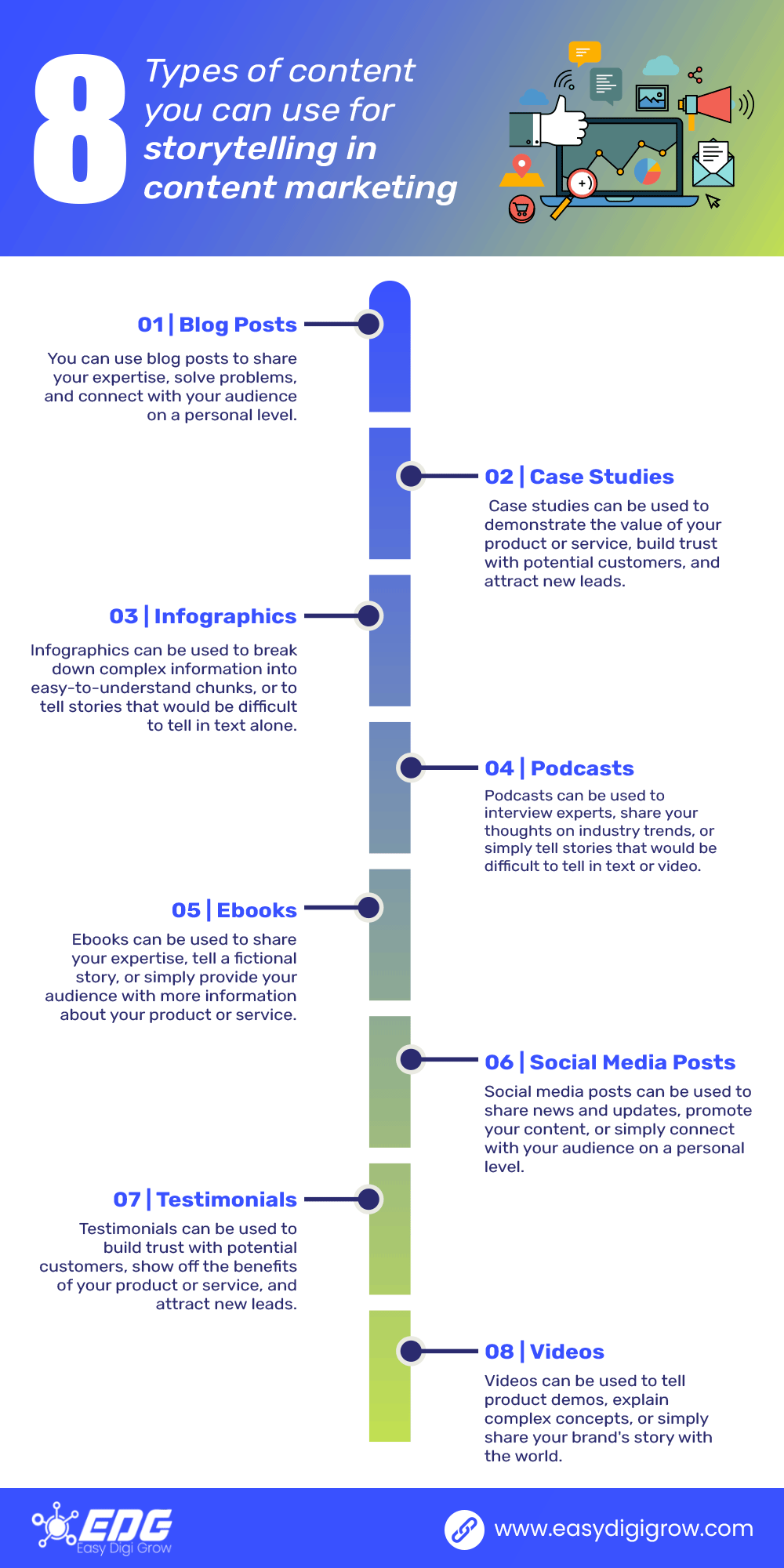
Incorporating Storytelling in Content Marketing Strategies
To effectively incorporate storytelling into content marketing strategies, businesses must consider the following aspects.
- Choosing the right platform
Different platforms cater to different types of storytelling. Whether it’s a blog, social media, video content, or podcast, choosing the right platform is essential.
Each medium has its strengths and limitations, and content marketers should select the one that best suits their brand narrative and target audience preferences.
- Identifying target audience
Knowing the target audience is crucial for successful storytelling. Content marketing companies should conduct thorough research to understand their audience’s demographics, interests, and pain points.
Thus, this knowledge allows them to tailor narratives that resonate with their target audience, increasing the chances of engagement and conversion.
- Aligning Narratives with brand values
Effective storytelling in content marketing should align with the brand’s values and identity. The narratives should reflect the brand’s mission, vision, and unique selling points.
By aligning the narratives with the brand, businesses can reinforce their message and create a cohesive brand story.
Tips for Crafting Compelling Narratives
Creating interesting stories involves paying close attention to the small things and having a good grasp of storytelling methods. Here are some tips to help content marketing service providers create captivating stories:
- Understand your audience’s preferences, needs, and aspirations.
- Begin with an exciting opening to catch the reader’s interest.
- Develop relatable characters with distinct personalities, aspirations, and flaws.
- Introduce suspense and tension to keep readers engaged.
- Use descriptive language to paint vivid pictures.
- Make your readers feel different emotions.
- Use descriptive language to allow readers to experience the story firsthand.
- Surprise readers with unexpected plot twists.
- Craft impactful endings that leave a lasting impression.
Check out our detailed guide to understand the impact of digital marketing on your business.
Influence of Storytelling on Content Marketing
To assess the effectiveness of storytelling in content marketing, businesses can utilize the following methods:
- Analytics and metrics: Track and analyze relevant metrics, such as website traffic, engagement rates, time spent on a page, and social media shares.
These analytics provide insights into the impact of storytelling on audience behavior and can guide future content marketing strategies.
- Feedback and engagement: Encourage feedback and engagement from your audience. Additionally, monitor comments, social media interactions, and email responses to gauge the audience’s response to your storytelling efforts.
Positive feedback, increased engagement, and brand mentions indicate that the narratives are resonating with the audience.
- Conversion rates: Measure the impact of storytelling on conversion rates, such as the number of leads generated, sales made, or subscriptions obtained.
Furthermore, analyzes whether storytelling contributes to higher conversion rates compared to other content types.
- Brand awareness and recognition: Assess the impact of storytelling on brand awareness and recognition.
Monitor metrics like brand mentions, social media reach, and the growth of your brand’s online presence to evaluate storytelling’s influence on increasing brand visibility.
- Surveys and interviews: Conduct surveys or interviews to gather direct feedback from your audience.
Additionally, ask specific questions about the storytelling elements that resonated with them, the emotional response evoked, and their overall perception of your brand’s storytelling efforts.
- Case studies and testimonials: Collect case studies and testimonials from customers or clients who have been influenced by your storytelling.
Their experiences can serve as concrete evidence of storytelling’s impact on their decision-making process.
- A/B testing: Perform A/B testing to compare the performance of content with and without storytelling elements.
Moreover, analyze metrics like click-through rates, bounce rates, and engagement metrics to determine the impact of storytelling on user behavior.
- Competitive analysis: Conduct a competitive analysis to compare your storytelling efforts with those of your competitors.
Assess their engagement metrics, audience feedback, and brand perception to gain insights and identify areas for improvement.
Check out our top read: Future of augmented reality in digital marketing
Common Mistakes to Avoid During Storytelling in Content Marketing:
- Telling a boring story: If your story is boring, people won’t read it. Ensure that your story captures and holds the reader’s attention.
- Not being clear about your message: What do you want your audience to take away from your story? Make sure your message is clear and concise.
- Overusing jargon: Jargon can make your story difficult to understand. Use plain language that your audience can relate to.
- Not proofreading your work: Typos and grammatical errors can make your story look unprofessional. Make sure you proofread your work carefully before publishing it.
Conclusion
Storytelling in content marketing is a strong tool that helps businesses connect with their audience on a deeper level. By crafting compelling narratives, businesses can engage readers, build relationships, and drive conversions.
At EasyDigiGrow, we understand the significance of storytelling in content marketing. As a leading agency of digital marketing services, we help businesses leverage the power of storytelling to create engaging and compelling narratives that drive results.
Contact us today to learn how we can assist you in implementing effective storytelling strategies in your content marketing efforts.
FREQUENTLY ASKED QUESTIONS
- Why is storytelling important in content marketing?
Storytelling is important in content marketing because it captivates audiences, creates emotional connections, and helps communicate brand messages effectively.
- How can I create relatable characters in my storytelling?
To create relatable characters, give them distinct personalities, motivations, and challenges that readers can identify with.
- What platforms are suitable for storytelling in content marketing?
Different platforms such as blogs, social media, videos, and podcasts can be used for storytelling in content marketing. Choose the platform that best suits your brand narrative and target audience preferences.
- How can storytelling drive conversions in content marketing?
Storytelling can drive conversions by resonating with the audience and motivating them to take action. When a story connects with the audience’s emotions and values, it can inspire them to make a purchase, sign up for a service, or share the story with others.
- What are some cost-effective content marketing ideas for small businesses in Delhi/NCR?
Cost-effective content marketing ideas for small businesses in Delhi/NCR include starting a blog or vlog to share industry insights, creating engaging social media posts with local flavor, hosting webinars or workshops, and collaborating with other local businesses for cross-promotion.
- Are there any local resources or organizations in Delhi/NCR that can help small businesses with content marketing?
Certainly! One local resource in Delhi/NCR that can help small businesses with content marketing is EasyDigiGrow. EasyDigiGrow is a digital marketing agency based in Delhi/NCR that specializes in providing content marketing services to small businesses. We offer expertise in crafting compelling narratives, developing content strategies, creating engaging content, and measuring the impact of content marketing efforts. Small businesses can rely on EasyDigiGrow to leverage the power of storytelling and effectively reach their target audience through content marketing.



